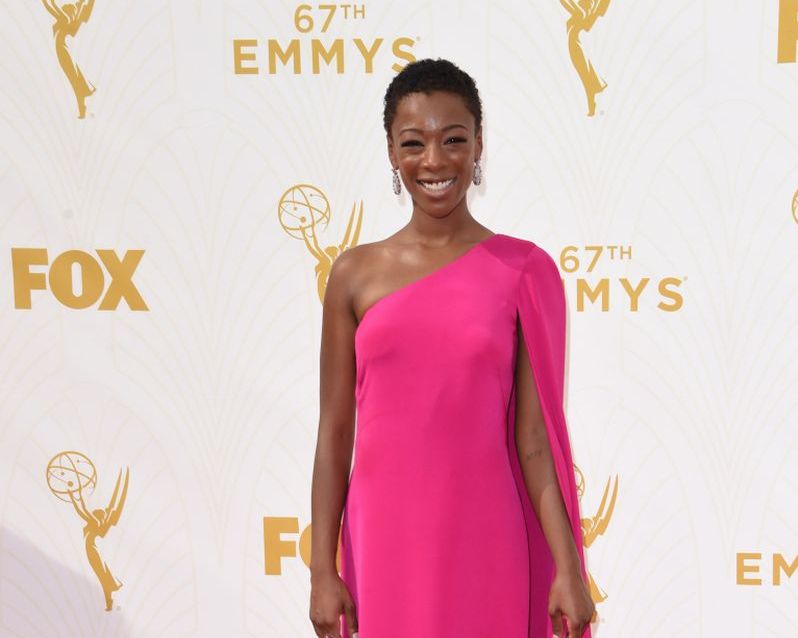LOS ANGELES, Oct 20 — Emmy Award-winning actors Samira Wiley and Billy Porter may be among the most well-known LGBT+ stars in Hollywood, but when it comes to queer history, even they admit there’s a lot to learn.
Wiley and Porter are featured in an upcoming documentary series, Equal, which mixes archival footage and dramatic reenactments to depict some of the lesser-known moments in LGBT+ history.
The series focuses on the US gay rights movement in the 1950s and ‘60s, looking beyond iconic moments like New York City’s Stonewall riots in 1969 that kickstarted modern gay activism to sing the glories of what — and who — fuelled earlier struggles.
“We know a lot about what comes after Stonewall,” said Porter, who narrates the series that premieres October 22 on the streaming service HBO Max.
“But for me, I knew very little about what came before Stonewall. I didn’t really realize how little I knew until I started voicing this.”
For Wiley, who rose to fame playing inmate Poussey Washington in the Netflix series Orange is the New Black, portraying Lorraine Hansberry, the first Black woman to have a play produced on Broadway, was similarly eye-opening.
Hansberry wrote A Raisin in the Sun, which opened on Broadway in 1959.
“There’s ... things that I have learned and I hadn’t thought about before doing Equal,” Wiley, 33, told the Thomson Reuters Foundation.
“It’s so inspiring to be able to look back in history and say, ‘Oh, this, I see myself in this person.’”
The series features a host of openly LGBT+ actors including Cheyenne Jackson, Jamie Clayton and Anthony Rapp and highlights a number of trans and Black activist figures.
Porter, a Broadway veteran, is an Emmy winner for his portrayal of Pray Tell in the series Pose, set in the New York ballroom scene of the 1980s and ‘90s.
For the 51-year-old actor, looking back at gay and trans history has grown more important as issues of LGBT+ rights turn increasingly contentious.
“This conversation ... still exists not only in America, but all over the world, that someone’s rights, someone’s human rights, should be up for governmental legislation,” Porter said. “It’s hundreds and hundreds of years of us doing this.”
Despite a slew of recent court victories, including a June 2020 US Supreme Court ruling banning LGBT+ workplace discrimination, the administration of President Donald Trump has rolled back several protections for trans people.
In 2017, Trump announced a ban on transgender people enlisting in the military and he also rescinded guidelines protecting trans people from health-care discrimination.
Also under the Trump administration, the Department of Justice argued against extending workplace protections to LGBT+ employees.
For Porter, a vocal advocate of LGBT+ rights who is known for his gender-bending red carpet looks, the conservative shift in US politics is worrying.
“I’m concerned with it all,” he said. “It is the worst of anything that I have ever lived through. The truth has been laid bare.”
For Wiley, who appeared in The Handmaid’s Tale, a series based on the dystopian novel of the same name, the queer trailblazers in Equal helped her picture herself as a role model, she said.
Wiley won an Emmy as outstanding guest actress in the series in 2018.
“I’ve had a journey, you know, trying to understand where I fit and what my purpose is away from just being an actor,” she said.
“I’m privileged to have a voice that people are listening to.”
With protests over racism in the United States taking hold in much of the country this summer, both Wiley and Porter said the series’ focus on Black people within LGBT+ history took on even greater relevance.
“It’s just so powerful ... to see yourself, to see your story being told,” Wiley said. “I’m not like an anomaly.
“I have been a part of this movement and my people have been a part for a very long time.” — Thomson Reuters Foundation






















